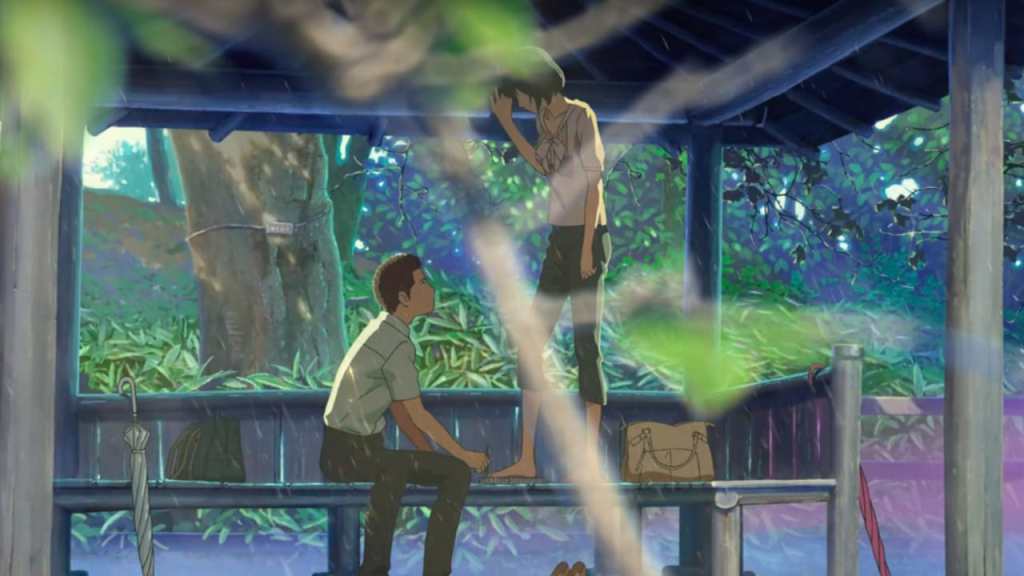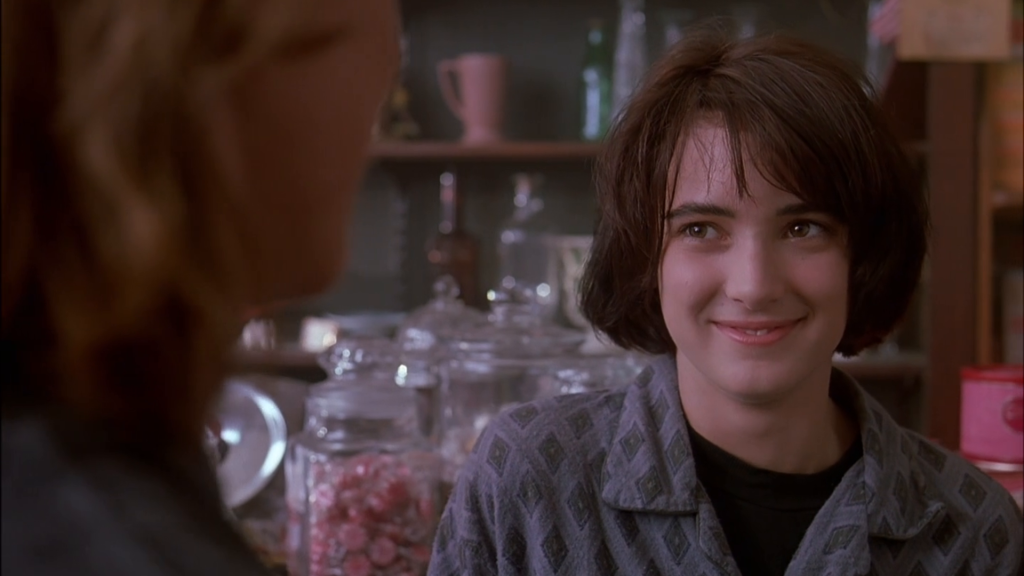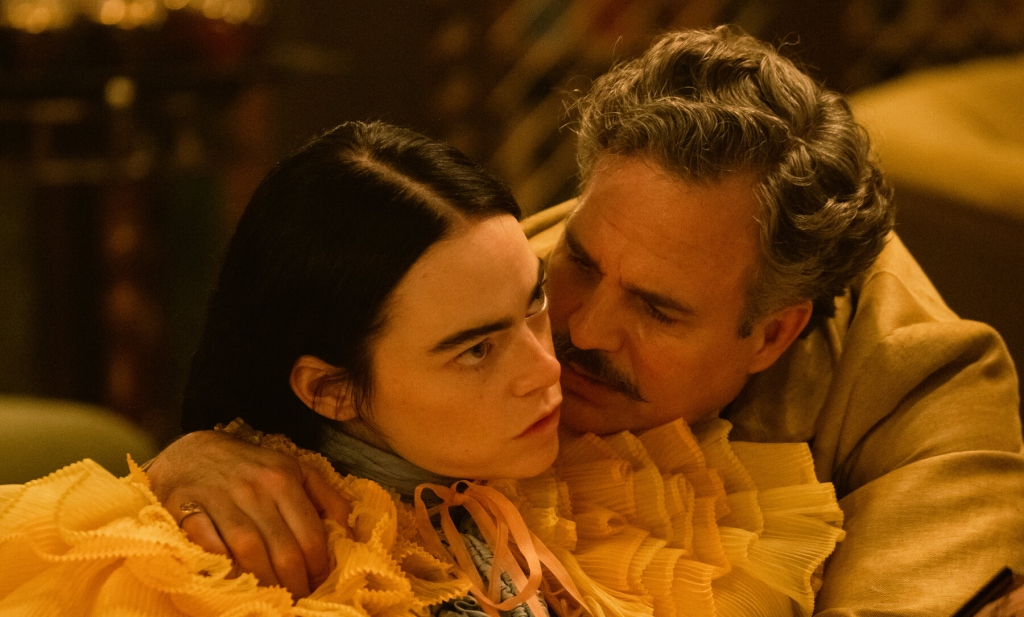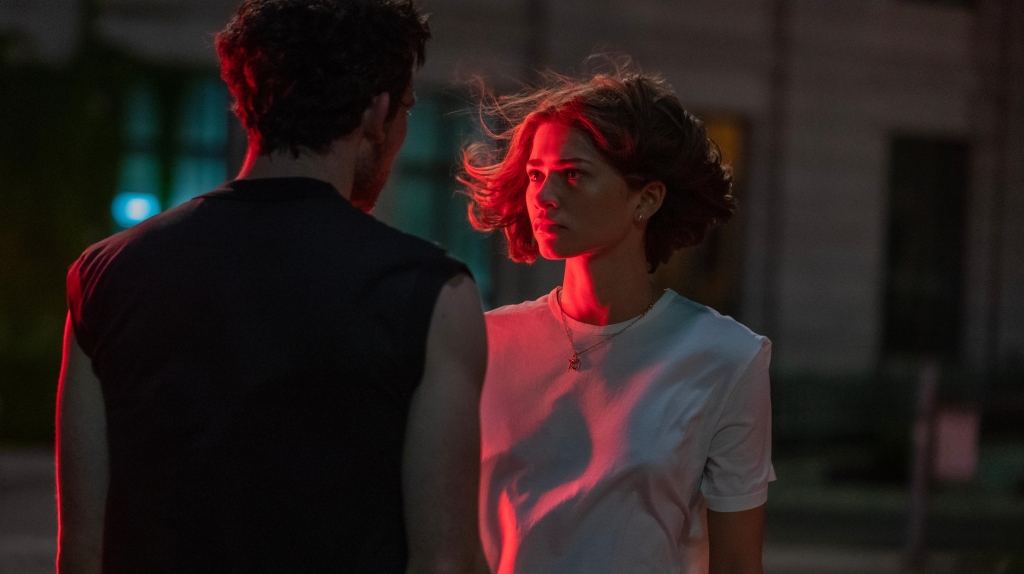 Debra Granik is one of the USA’s most essential filmmakers. She works slowly, directing just four films in the last 14 years, but every one has been both exceptional and unmissable. She is a superb social realist, grounding her films with a impeccably researched sense of place. She also tells deep human stories with the lightest of touches, and draws the most remarkable acting from her casts – including the breakthrough performances for both Vera Farmiga in Down to the Bone and Jennifer Lawrence in Winter’s Bone. With her fourth film Leave No Trace she demonstrates these strengths all over again. We are only halfway through the year, but it’s difficult to imagine this film not making more than a few critics’ Top 10 lists come December.
Debra Granik is one of the USA’s most essential filmmakers. She works slowly, directing just four films in the last 14 years, but every one has been both exceptional and unmissable. She is a superb social realist, grounding her films with a impeccably researched sense of place. She also tells deep human stories with the lightest of touches, and draws the most remarkable acting from her casts – including the breakthrough performances for both Vera Farmiga in Down to the Bone and Jennifer Lawrence in Winter’s Bone. With her fourth film Leave No Trace she demonstrates these strengths all over again. We are only halfway through the year, but it’s difficult to imagine this film not making more than a few critics’ Top 10 lists come December.
Tom (Thomasin McKenzie) is a teenage girl living illegally in a national park with her army veteran father Will (Ben Foster). After Tom is accidentally spotted by a hiker, she and Will are tracked down by the Oregon police and assigned housing at a tree farm where Will can work as a farmhand and Tom can start going to school. When Will struggles to adjust with his new surroundings, he takes Tom away to hide in the woods once again.
Leave No Trace is such a wonderfully gentle film. For one thing there is no human antagonist: certainly there is an entire government bureaucracy that pulls Tom and Will out of their rainforest camp and back to civilization, but they are all sympathetic characters who clearly want what it best for the father and daughter. Everywhere they go, Tom and Will meet people willing to help them. The only point of crisis around which the film centres is Will’s inability to return to civilian life. The film is surprisingly light on the details why. We know that he was a soldier, and we know that something happened to badly affect his psychology. It is a smart move by Granik and co-screenwriter Anne Rosellini to limit just how much we learn about Will’s past: by keeping the details low it concentrates the audience’s attention on the effect and emotion of Will’s experiences, and not the back story. There is much more effect in seeing a man flinch at the sound of a helicopter in the air than there is in him explaining what he saw or did as a soldier.
Ben Foster plays Will brilliantly in what may be his career-best performance. He and Thomasin McKenzie also develop a tremendous rapport. They instinctively feel like father and daughter. They have a shared vocabulary and warmly familiar in-jokes with each other. It feels deeply intimate, and its development over the course of the film drives much of the story. Considered in isolation, Thomasin McKenzie is remarkable. She is wholly convincing and hugely sympathetic. After the success Vera Farmiga and Jennifer Lawrence found following their own Granik productions, it is easy to imagine McKenzie following suit. She certainly deserves to.
Behind the camera Leave No Trace is as close to faultless as a film can get. It’s beautifully shot and edited, and uses a wonderfully subtle and emotive score by Dickon Hinchcliffe. The locations are pitch-perfect, and Granik’s standard method of casting local non-actors in supporting roles gives everything a genuine sense of authenticity. Every aspect of the production works in union. It may take years between films for Debra Granik, but when the results are so consistently perfect I for one am happy to wait for them.





Leave a comment